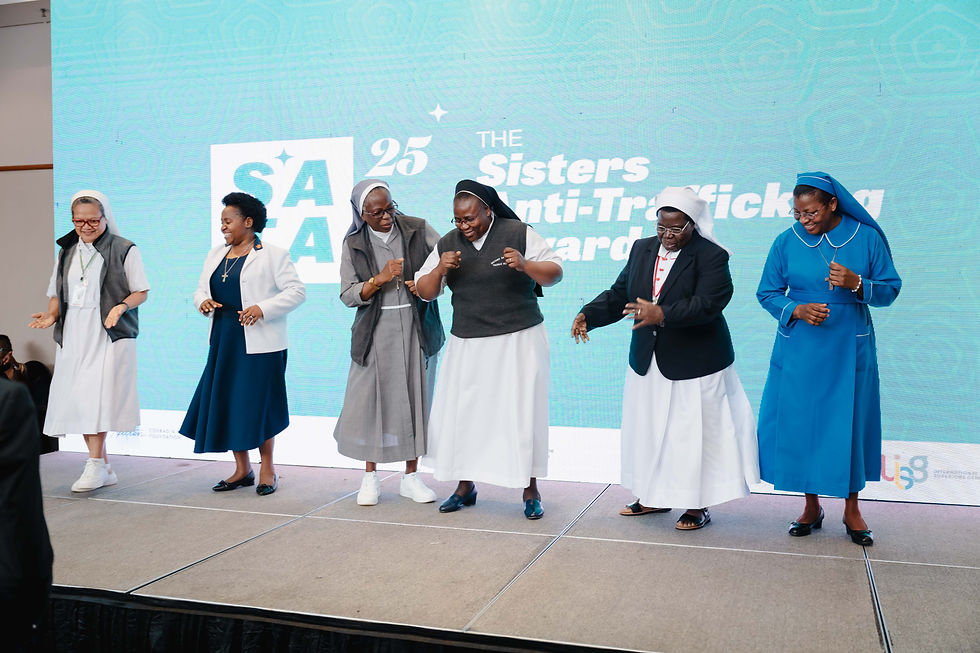Responding to COVID-19: Vision from the frontlines
- Arise

- Mar 25, 2020
- 2 min read
Updated: May 21, 2020
In Guwahati, a sprawling city on the Brahmaputra River in the Indian state of Assam, Sister Rose Paite has adapted her tailoring school in response to the looming threat of COVID-19 over surrounding slum and tea garden communities.

The school is normally run as a community development initiative, offering skills training to local women and children who are vulnerable to exploitation. But today, and in the weeks to come, it will be a COVID-19 mask-making centre.
Twenty-five women are stitching around 500 masks a day to be distributed throughout the slums of the region, where people live in precariously close proximity without access to drainage systems, running water or a fraction of the money needed for medical and sanitary supplies. Sister Rose has aimed the initiative to benefit domestic workers – a group in Indian society that suffers profound hardship and exploitation.
‘We are limited. If we could, we would reach out to the whole population. But for now we are reaching out to the most vulnerable. Because of the lockdown, domestic workers will have no work. No work means no money, and no money means no food or sanitation for them and the large families that they support. Many cannot read or write and do not have access to smartphones or any information about the virus. We hope that our message and masks will protect them.’
The masks’ principal benefit will be in nudging behavioural change. The sisters hope that they will sensitise people to the realities of the pandemic and encourage communities to be attentive to hygiene and social distancing wherever possible.
In response to the recent government-imposed lockdown, the sisters will rely on their access to neighbouring slums and their strong relationships with local authorities to continue to make these vital deliveries.
Like many in our network, Sister Rose and her right-hand women are responding to this pandemic from a context of immense scarcity, with vision and resilience. Sister Rose was proud to report that usually, masks in India cost about 300 rupees. By using volunteers and sourcing their own materials, the centre is able to make them for 20 rupees each (26 cents or 22 pence), with a target of 50 000 masks to reach 12 cities in the region.
Tove van Lennep, Manager of Frontline Advocacy








Comments